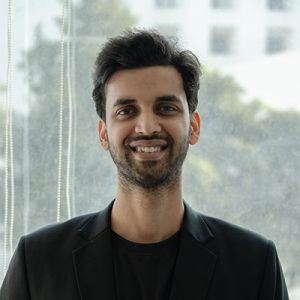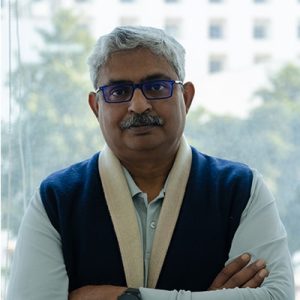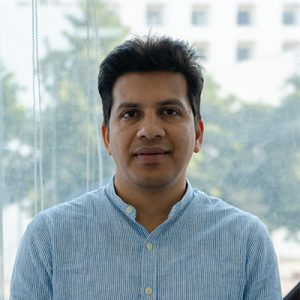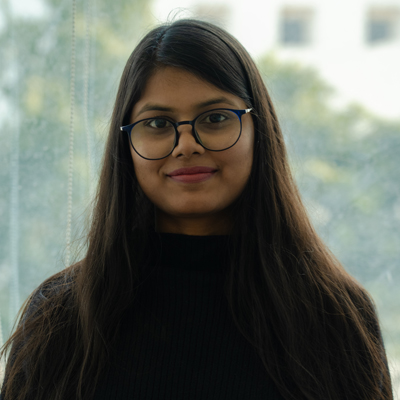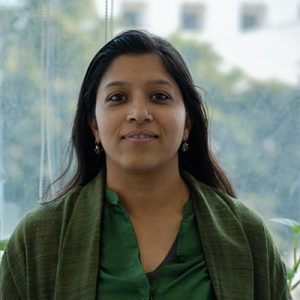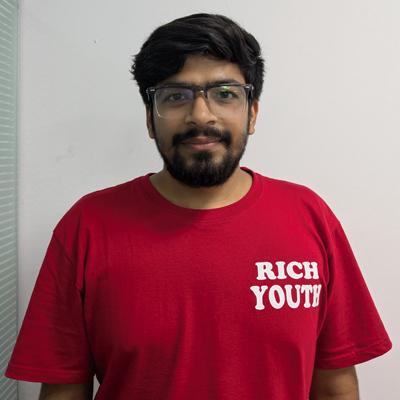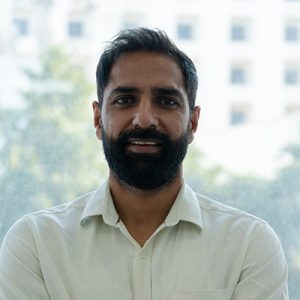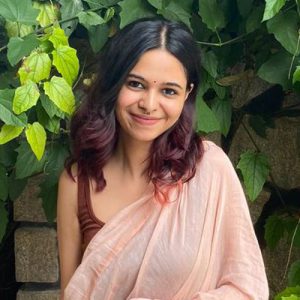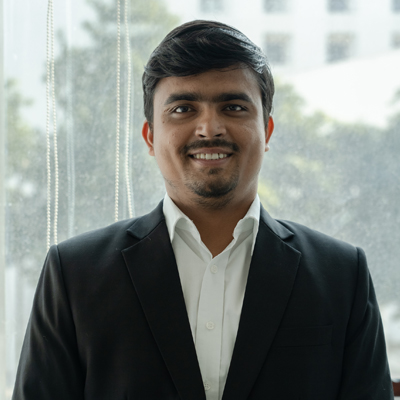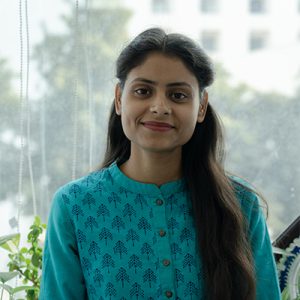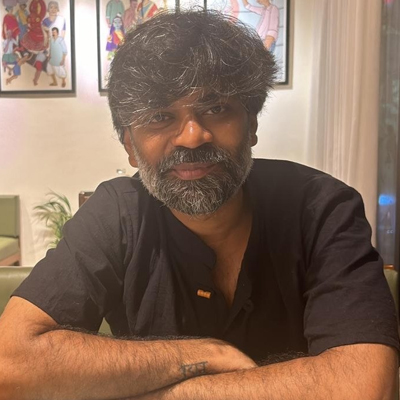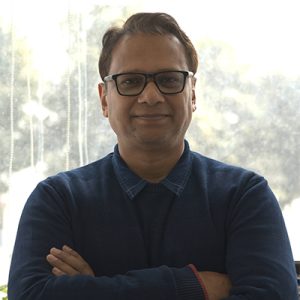![]() Prashasti Yadav
Prashasti Yadav
Sports have always played a vital role in the growth of young people, especially in a country like India, where a large portion of the population is under 25 years old. Sports teach discipline, teamwork, and resilience, skills that go far beyond the playing field.
Yet, many youth sports programs today focus mainly on competition and winning, losing sight of the long-term developmental benefits that young athletes can gain.
The numbers are worrying. According to a recent study, 14.4 million children in India are now categorized as overweight or obese, according to the World Health Organization (WHO). Another study also highlighted that 78% of children in India are not meeting the recommended levels of physical activity, leading to increased risks of health problems later in life.
But the benefits of sports go beyond just health. Research shows that children involved in structured sports activities are more likely to perform better academically and develop critical life skills. Despite this, many Indian youth sports programs lack the infrastructure, trained coaches, and holistic approach needed to support the full development of young athletes.
This leads us to a key question, how can these programs be designed or optimized to ensure they maximize the developmental benefits for young athletes?
Physical Growth and Staying Healthy
The benefits of sports for youth are immediately visible in their physical development. Regular participation in sports enhances muscle strength, endurance, and cardiovascular fitness. Studies have shown that regular participation in sports can lower the risk of obesity, diabetes, and other chronic conditions.
Programs like Sports Lab, a grassroots initiative targeting schools in Punjab and Haryana, are designed to address these very issues. The program offers structured fitness routines in the morning and sport-specific skills training in the evening, focusing not just on competition but on long-term physical and mental well-being.
Since its launch, Sports Lab has impacted over 7,000 students in underprivileged communities, improving their overall physical health and instilling lifelong habits of staying active.
Moreover, modern training methods and resources provided by initiatives like Utkarsh – Centre of Excellence ensure that young athletes are equipped with not only physical training but also the right nutrition and mental fitness guidance, helping them develop holistically. Programs like these ensure that young athletes build a solid foundation for lifelong physical well-being while also reducing their risks of chronic illnesses as they grow older.
Learning to Work with Others
Sports for development is also a lot about teaching young athletes how to work with others. Whether it’s in team sports like soccer or individual sports like tennis, athletes learn communication, cooperation, and how to share responsibilities with teammates. These skills translate into broader life skills, preparing young people to work effectively in school, future jobs, and social environments.
As we mentioned above, initiatives like Sports Lab are designed with this in mind. For example, the program’s structured coaching, led by experienced national-level coaches, emphasizes cooperation over individual competition.
Take the story of Neha, a footballer from Haryana, whose journey under the guidance of Coach Narendra exemplifies how these programs foster teamwork. Through collective training and shared goals, Neha and her peers learned not just how to win matches, but how to work together to achieve common objectives.
Building Confidence and Self-Esteem
One of the most profound benefits of sports for youth is the development of confidence and self-esteem.
Achieving personal milestones, whether mastering a new technique or performing well in a competition, instills a sense of accomplishment. Initiatives like the Vision Football Academy (VFA) play a vital role in building confidence among young athletes.
VFA has trained over 1,000 children, focusing on their personal growth as much as their physical skills. The academy’s emphasis on nurturing players at the grassroots level has helped over 20 athletes advance to state and national levels, showing how sports can fuel self-confidence.
Moreover, community-driven efforts like those at the Arandkhera Khel Maidan in Kota offer young athletes the space to practice and develop their abilities. Here, athletes from various villages come together not only to compete but to support each other, growing their confidence as they see progress in their skills.
Learning Discipline and Responsibility
Sports demand discipline, structure, and accountability. Athletes must adhere to rigorous training schedules, follow game rules, and make sacrifices to balance their commitments.
Programs like the Sports For All in Alwar and Greater Noida are great examples of how structured sports training instills discipline. By providing expert coaching and setting clear goals for athletes in cricket, athletics, and hockey, the program ensures that participants learn the importance of discipline early on.
Coaches guide young athletes not only on improving their performance but also on staying accountable for their actions on and off the field.
Preparing for the Future
For many young athletes, sports pave the way for future educational and career opportunities. Whether through scholarships or exposure to professional-level coaching, sports can open doors that may otherwise remain closed.
For example, the Utkarsh Centre of Excellence in Jharkhand identifies and nurtures top talent, providing holistic development, including academic support, for students showing athletic promise. The program ensures that these athletes are not only prepared for sports careers but also for academic success, equipping them with the tools they need for a well-rounded future.
Similarly, initiatives like Hindustan Football Club’s Centre of Excellence in Uttar Pradesh provide state-of-the-art residential facilities where young footballers receive top tier coaching and academic mentoring. These programs highlight how sports can be a pathway to success, offering long-term career opportunities, not just in athletics but in various professional fields.
Conclusion
Sports offer much more than physical fitness, they shape young people into well-rounded individuals ready to face life’s challenges. From building confidence to teaching teamwork and discipline, sports help young athletes develop the skills they need to succeed on and off the field.
The importance of sports in youth development lies in its ability to foster a holistic sense of growth, equipping young people with the tools they need for a bright and successful future.
FAQs
How do sports help kids grow physically?
Sports support physical growth by strengthening muscles, improving cardiovascular health, and enhancing motor skills. Engaging in sports also helps reduce the risk of obesity and promotes healthy bone development.
What life skills do kids learn from playing sports?
Children learn key life skills such as teamwork, discipline, resilience, leadership, and problem-solving. These skills are not only beneficial in sports but are also crucial for success in academic and professional environments.
How can sports help prepare kids for the future?
By fostering traits like perseverance, grit, and responsibility, sports prepare young people for future academic, professional, and personal challenges. Sports can also open doors to scholarships and career opportunities.
What are the long-term health benefits of playing sports?
Long-term health benefits of sports include improved cardiovascular health, reduced risk of chronic diseases, better weight management, and enhanced mental health.
How can parents and communities support kids in sports?
Parents and communities can support youth sports by providing access to sports programs, encouraging participation, and fostering an environment that prioritizes personal development over competition.




